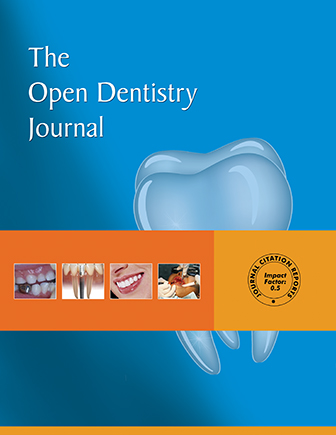Modifiable and Non-modifiable Risk Factors Affecting Oral and Periodontal Health and Quality of Life in South Asia
Abstract
Objectives:
The study aimed to review the prevalence of periodontal disease and associated factors among developing South Asian countries. The review was also aimed at providing an insight into how such factors play a role in affecting the Quality of life of patients with compromised oral health.
Background:
It has been observed that Oral health directly correlates with the Quality of life of an individual, so it is imperative to understand this, particularly in the developing parts of the world.
Methods:
A MeSH keyword search was carried out with the keywords: Periodontal diseases, Oral Health, Public Health, Asia, QoL, Quality of Life, Southeast Asia, Tobacco, and Risk Factors, and based on the findings, this detailed review was compiled.
Results:
The South Asian population forms 24.89% of the worldpopulation, while periodontal disease is an inflammatory condition that affects 11% of the globe. Several studies previously conducted across developing countries have shown that various factors like the socioeconomic status of an individual, smoking habit, consumption of alcohol, hypertension, history of diabetes, obesity, and stress are indirectly related to the onset of periodontal disease. Characteristics associated with specific populations like ethnicity, behavioral characteristics, and environmental factors may affect causing periodontitis.
Conclusion:
Dental practitioners in this region should consider risk factors that can be altered significantly to uplift the periodontal health status of an individual, which is not being considered in many developing countries.


